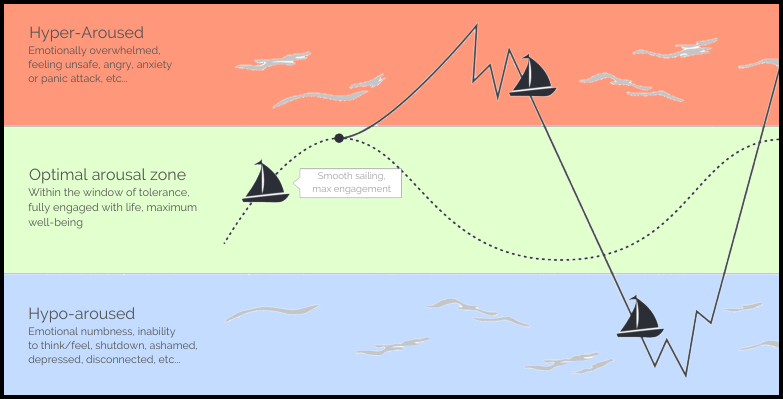Mental health is a complex interplay of biological, psychological, and social factors. While our understanding of mental health has evolved over the years, recent advancements in neuroscience have provided invaluable insights into the workings of the brain and its role in mental well-being. Let’s delve into what neuroscience can teach us about mental health.
1. Understanding Brain Circuitry: Neuroscience helps us comprehend the intricate networks within the brain that regulate emotions, thoughts, and behaviors. By studying these neural circuits, researchers have identified specific regions associated with various mental health conditions. For instance, the amygdala, known for its role in processing emotions, is implicated in anxiety disorders, while the prefrontal cortex, responsible for decision-making and self-control, is linked to conditions like depression and addiction.
2. Neurochemical Imbalances: Neurotransmitters, the chemical messengers of the brain, play a crucial role in regulating mood, cognition, and behavior. Research in neuroscience has revealed imbalances in neurotransmitter systems, such as serotonin, dopamine, and norepinephrine, contributing to conditions like depression, schizophrenia, and bipolar disorder. Understanding these imbalances has led to the development of pharmacological interventions like antidepressants and antipsychotics, improving treatment outcomes for many individuals.
3. Brain Plasticity and Recovery: One of the most fascinating aspects of neuroscience is its exploration of brain plasticity—the brain’s ability to reorganize and adapt in response to experiences and environmental changes. This concept offers hope for individuals struggling with mental health issues by suggesting that the brain can undergo positive changes through interventions like therapy, mindfulness practices, and lifestyle modifications. By harnessing neuroplasticity, individuals can cultivate resilience and promote mental well-being.
4. Genetics and Mental Health Risk: Advancements in neuroscience have shed light on the genetic underpinnings of mental health disorders. Through genome-wide association studies (GWAS) and molecular genetics research, scientists have identified numerous genetic variants associated with conditions such as schizophrenia, autism spectrum disorder, and major depressive disorder. While genetics contribute to vulnerability, they interact with environmental factors, emphasizing the importance of a holistic approach to mental health care.
5. Biomarkers for Diagnosis and Treatment: Neuroscience holds promise in the search for biomarkers—biological indicators—that could aid in the early diagnosis and personalized treatment of mental health disorders. Techniques like functional magnetic resonance imaging (fMRI), electroencephalography (EEG), and positron emission tomography (PET) allow researchers to observe brain activity and identify patterns associated with specific conditions. These biomarkers not only enhance diagnostic accuracy but also facilitate the development of targeted therapies tailored to an individual’s neurobiology.
Conclusion: In conclusion, neuroscience offers a wealth of knowledge that can inform our understanding and approach to mental health. By unraveling the mysteries of the brain, we gain insights into the mechanisms underlying mental illness, paving the way for more effective prevention, diagnosis, and treatment strategies. By integrating neuroscience into mental health research and practice, we can foster greater empathy, reduce stigma, and ultimately improve the lives of those affected by mental health disorders.

